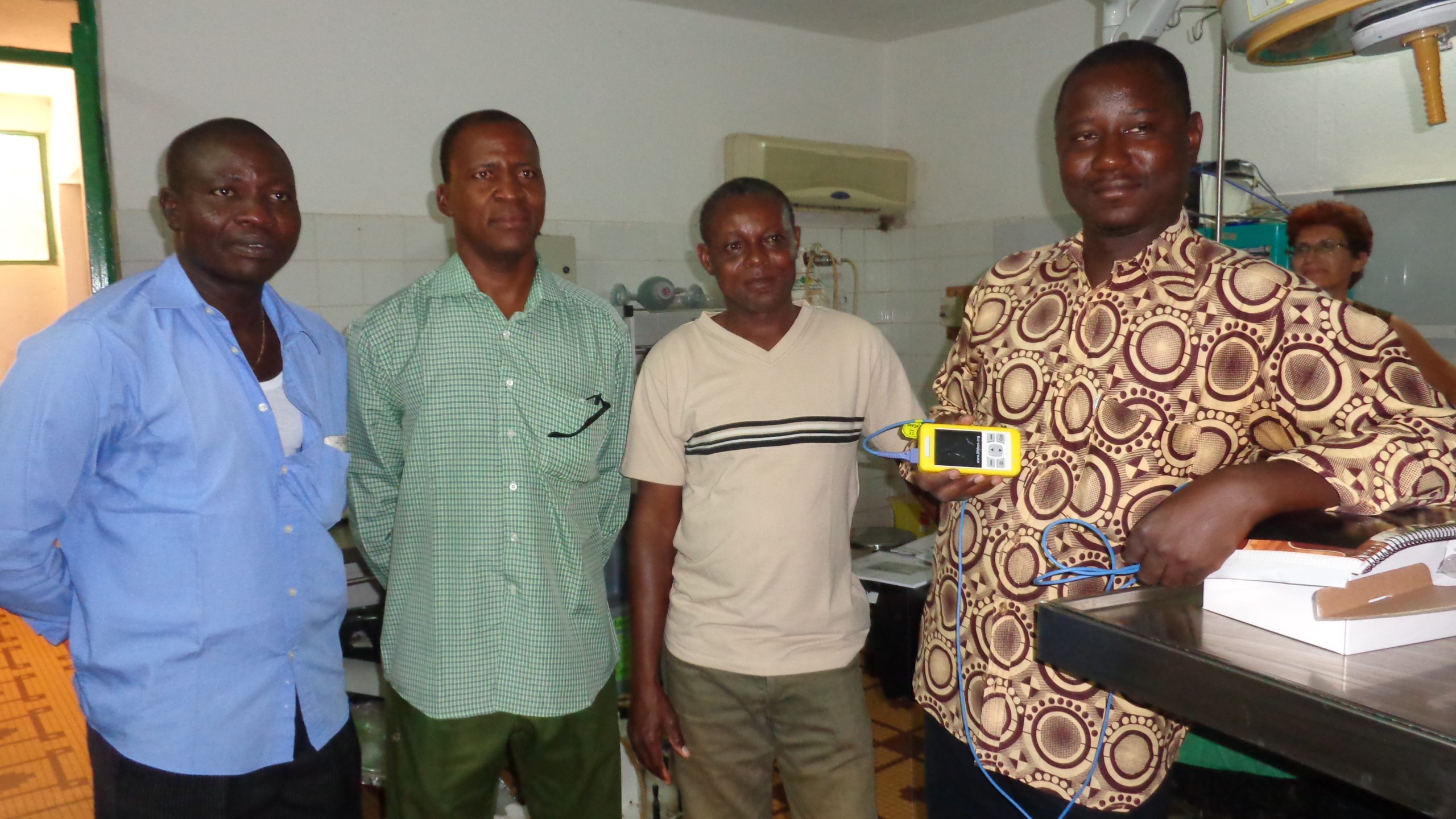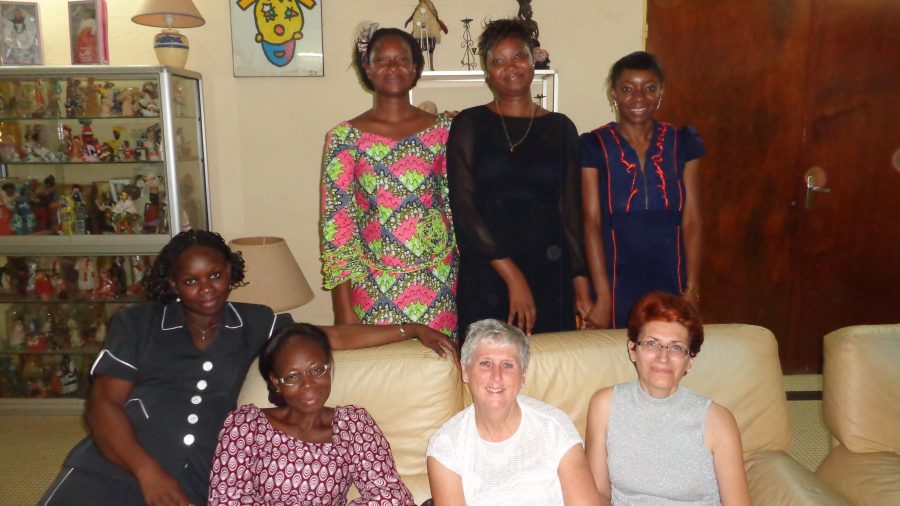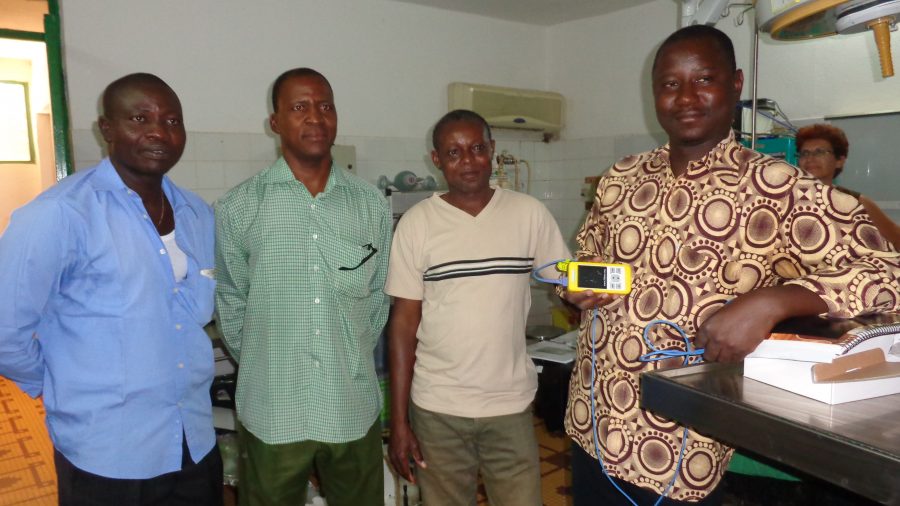
Lifebox’s lasting impact in Burkina Faso
1) A Friend in Need details the impact of Lifebox training in Burkina Faso. How did the participants respond to the workshops in general?
The workshops were very popular…even surgeons came! Many people traveled to the training from long distances to participate. Our interactive teaching methods were new to most participants and they really enjoyed that aspect. Of course, everyone was thrilled that their hospital and department was going to receive oximeters.
2) The article also highlights the success of the participants, who are continuing to use the pulse oximeters in their hospitals. What are the main obstacles to providing safe anesthesia in Burkina Faso?
Burkina Faso is one of the poorest countries in the world. Most anesthesia is given by the non-physician providers who work in isolation, often in very remote, rural areas. The follow-up phone calls made by Dr. Bougouma showed that a very high percentage of anesthetists were using their oximeters on every case.
Continuing medical education is not commonly available for many of these anesthetists and it is very hard for them to keep up with new information. They also lack resources which we take for granted.
Nor do they have someone to turn to when they need advice with a difficult case.
3) What are the challenges to implementing the Surgical Safety Checklist in Burkinabe hospitals?
We had a very interactive session on the Surgical Safety Checklist with many surgeons coming to participate. There was lots of debate, we ran over time and eventually had to cut off discussion!
I suspect that much more discussion was carried on afterwards in the operating rooms of Burkina Faso. My only regret was that we had not invited the operating room nurses. We need to return for further sessions on working as a team in the operating room.
4) What is vital for anesthesia to improve in Burkina Faso and what do you hope for the future?
We have been back to introduce the SAFE OB (obstetrics) course and train their teachers. This time we made sure to invite the midwives and the obstetricians as well as the anesthesia providers. Some of their young anesthesiologists have taken the SAFE Peds (pediatric) course in Benin and have run a course in Burkina Faso. Now we want to go back to do more work on the Checklist and help them develop as a team.



